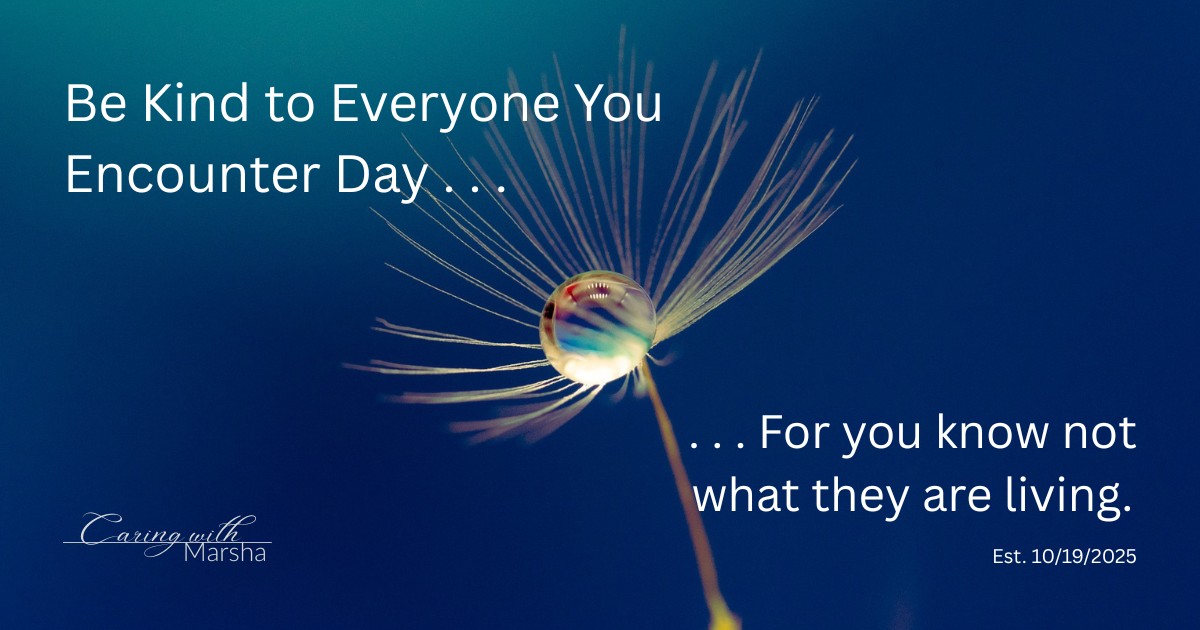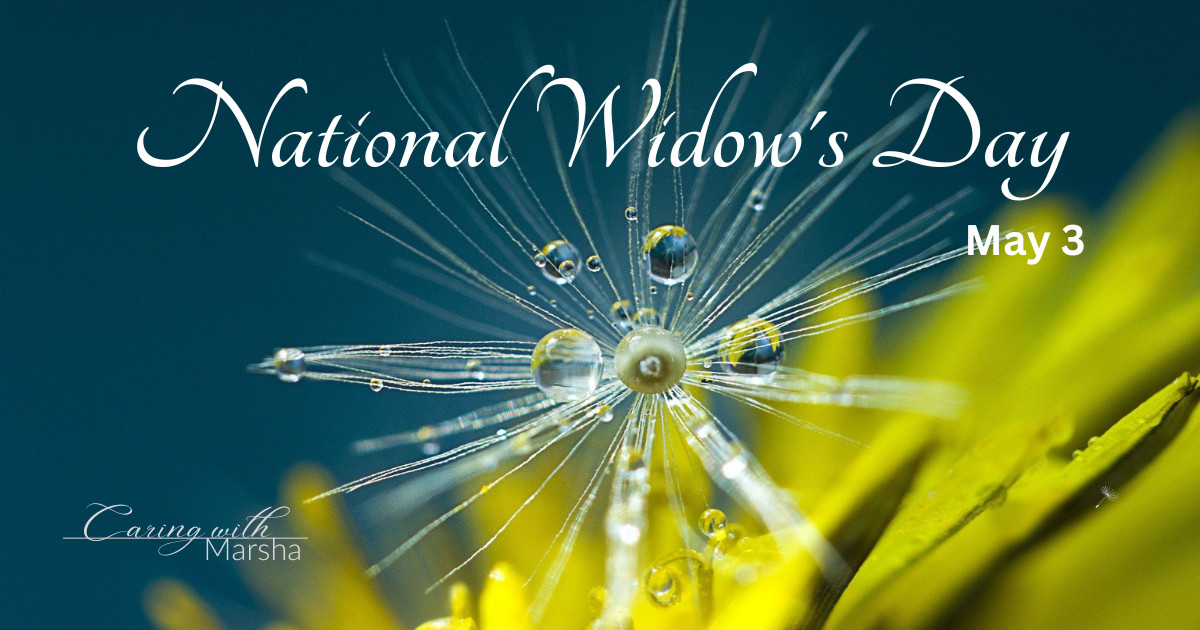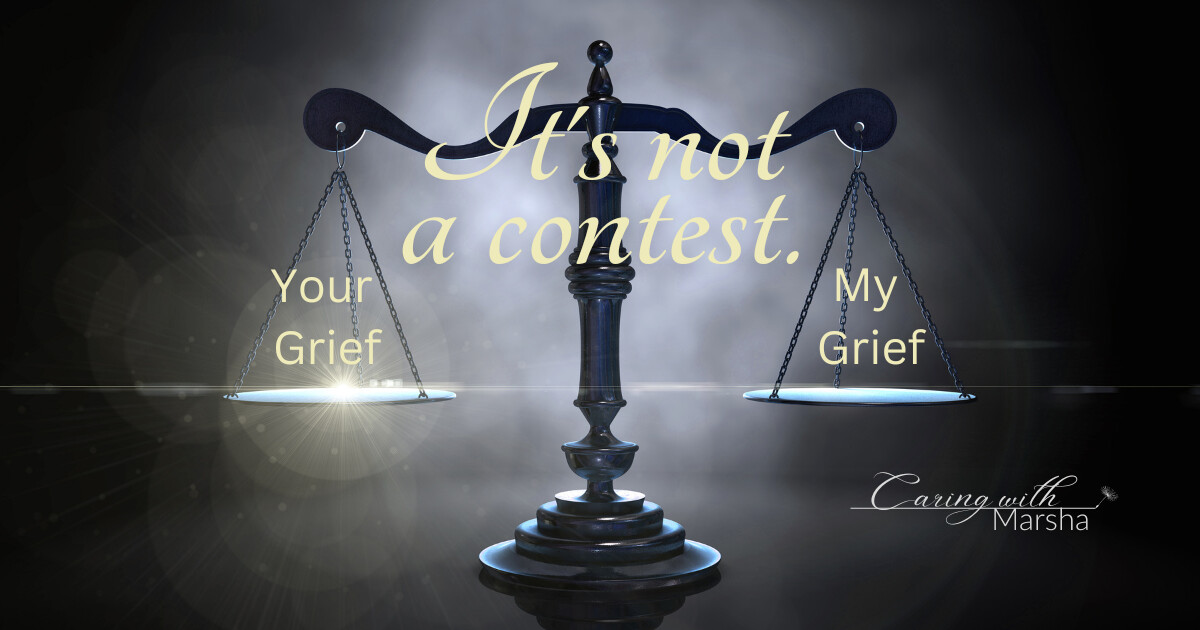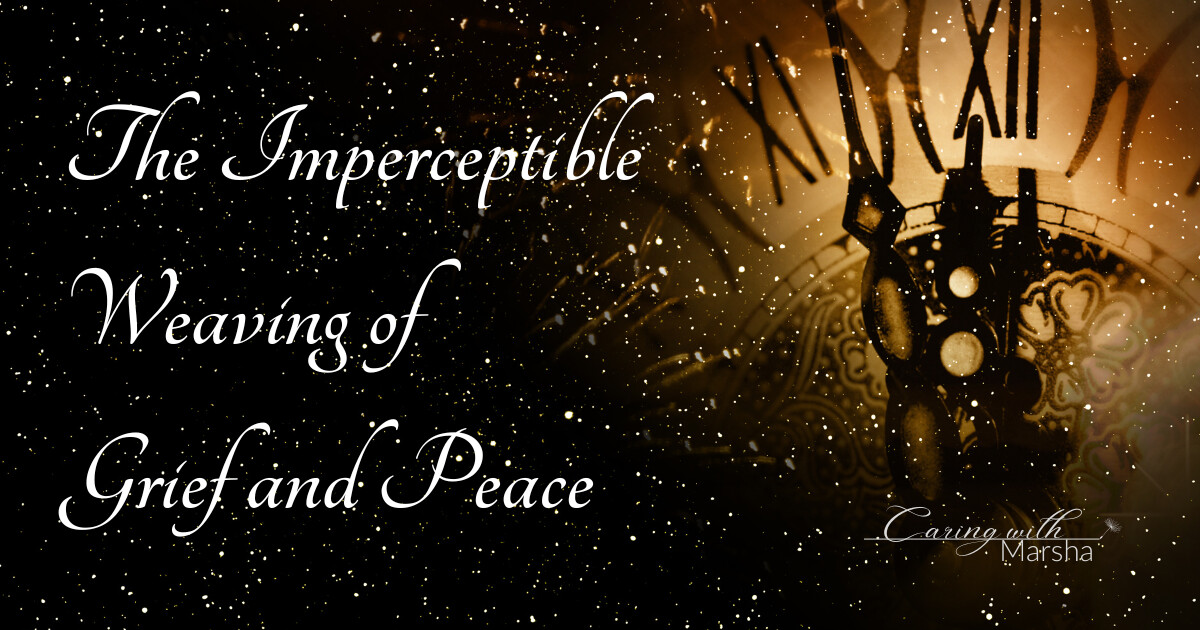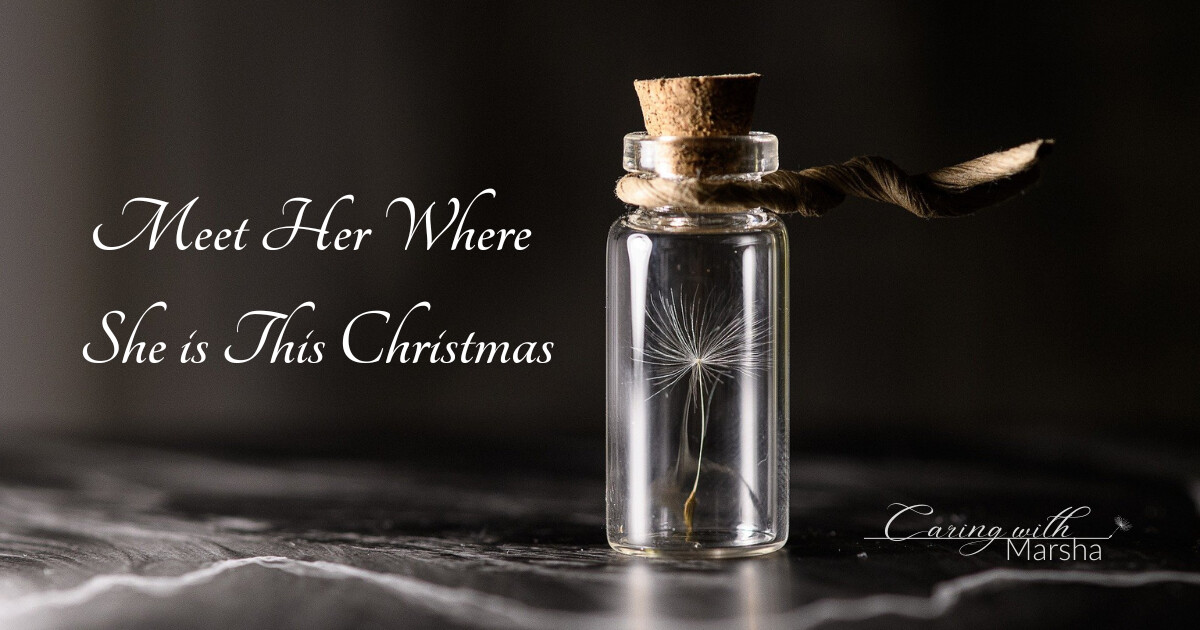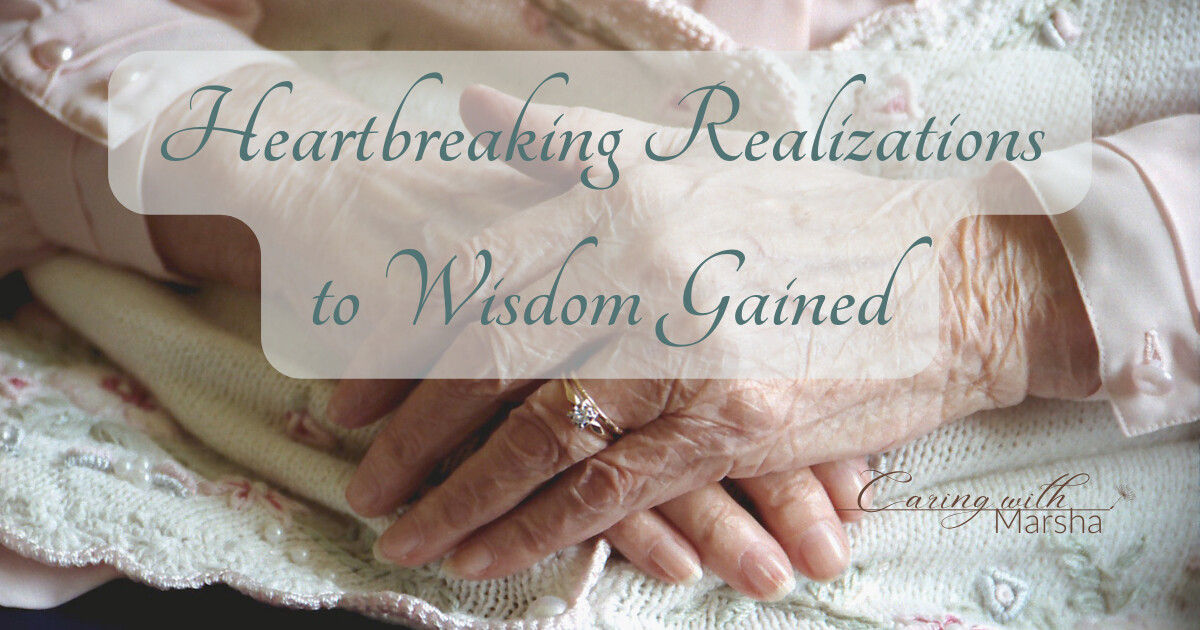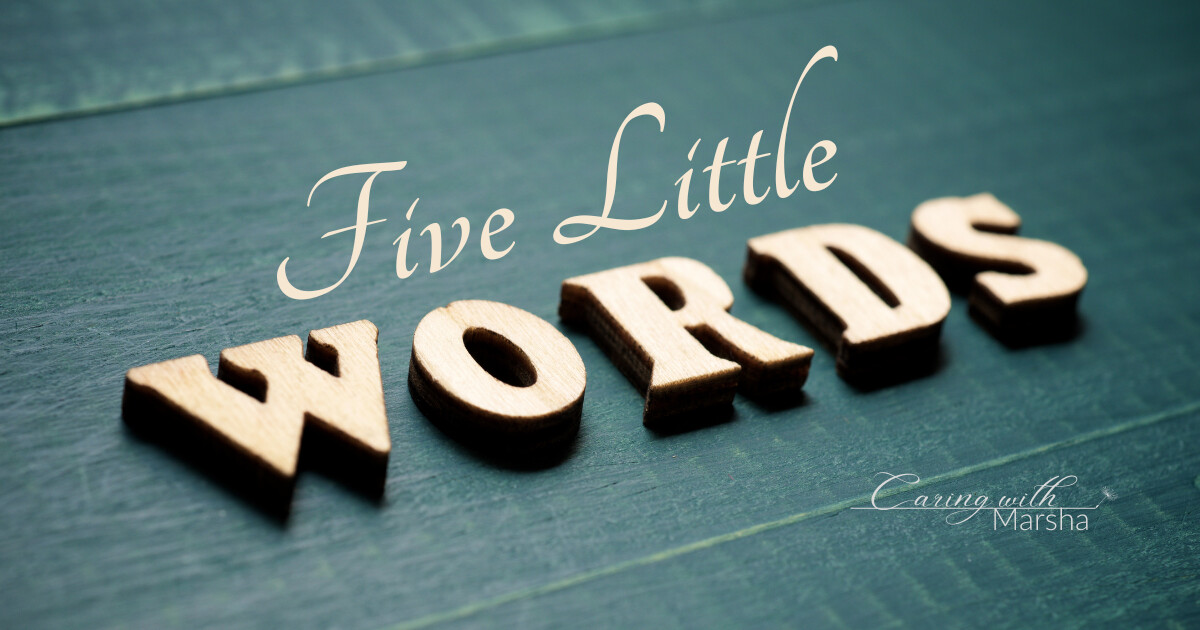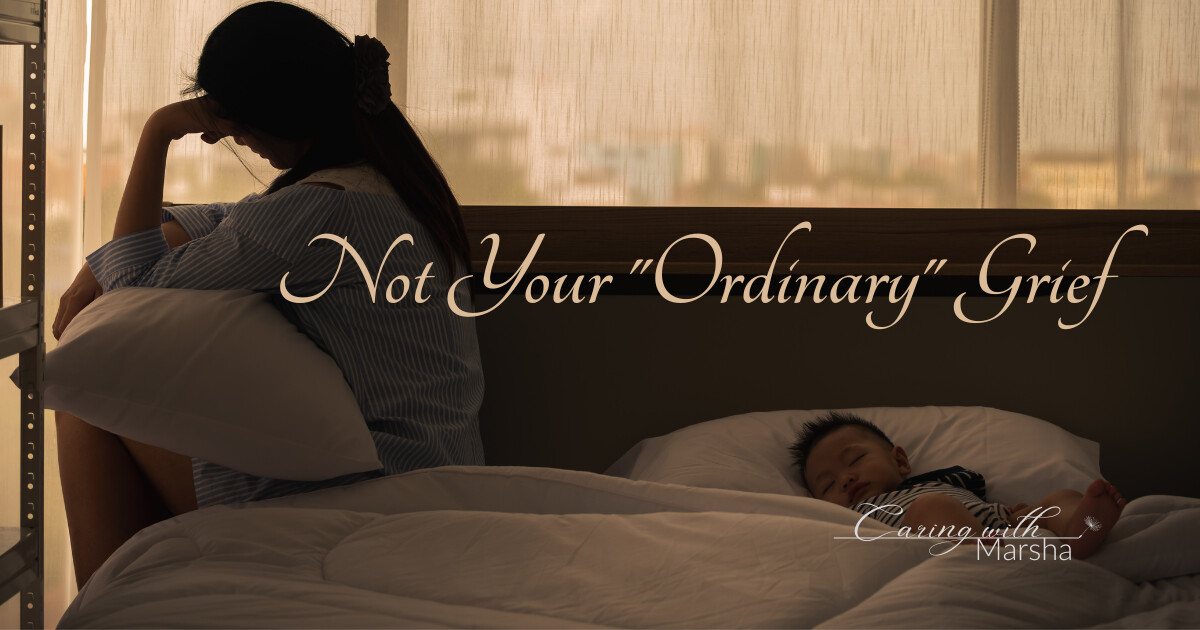
As we walk together through the ways we should view and interact with widows I want to share some of the realities behind the scenes not only from my experiences, but also from the widows I’ve come to know and love. I think it will help you to understand just how much we need to change the stigmas and expectations we have for widows and others who are experiencing traumatic grief ~ a grief so far beyond what most of us have experienced. A grief beyond our ability to even imagine.
I will forever miss my grandparents, and now my parents. I ache to talk with them about everyday things and things that loom large.
My husband, though. That’s a whole ‘nother level of missing and aches. I have reached for the phone to call him countless times, often winding up in tears. My natural reaction to call him squarely hits the reality that I cannot find him on the other end of the call. I often find myself wanting to call my parents, too, but it isn’t as earth shattering as when I go to to call my husband.
I have never missed my husband as much as when I was brutally weakened by chemo several years after his death. ALL I wanted was his shoulder to lay my weary head on. I know God was with me as I yearned from the depths of my being for my husband, but He gently reminded me that He knows “it is not good that man should be alone.” So much so He created Eve. It was okay for me to grievously ache for my husband.
Widows, and dare I say widowers, are not your “ordinary” grievers. We aren’t even close to what most people expect based on our own experiences or what we’ve learned from others.
Hey!?! We have learned one way. That means we can learn another way! A better way!!!
Back to my point. I can speak to this monumental difference in grief because I was a wife who, with her husband’s last breath, became a widow. With his last breath I landed in a place so foreign to me that I will never be the same. That doesn’t mean it is or was a bad place. It’s just a different place that forever alters where I’ve been and how I have had to move forward in my life. While the details are unique for me, every widow also lives this in her own unique way and in her own time.
My dad's hospice chaplain suggested a book about the brain and grief after conversations we had over mindset and neuroplasticity. The author, a widow, talks about traumatic grief and how its effects are markedly different from other grief. I’ll be sharing thoughts on that book in the future, but know that I devoured the book underlining passages and writing notes all over the margins as I went. This book was enlightening and validating on so many levels! The author gets this widowhood thing from a place I can't even explain, but she can and does.
Traumatic grief IS different. It does a serious number on the brain of a widow! It throws e.ver.y.thing off balance. It’s like having a rug pulled out from under you with no trace of the rug in sight. It causes us to wonder if we are remotely okay, or if we are losing it on a grand scale.
Last summer I had a long conversation with a dear friend’s husband. It was several months after her death. He asked me if what he was experiencing was normal and if he was okay. He had come to that place of understanding that his grief was no "ordinary" grief.
No one should have to wonder if they are losing their mind when grieving the loss of a husband, or a wife.
I want to help you understand traumatic grief as it relates to widows, and widowers, so you can see the words we use with them have a very different affect than we presume. I want to help you find better words that will have a more positive effect and truly help your widowed friends. As we move forward with this blog we’ll also talk about things you can do in the immediate aftermath and long after her husband’s death to give her the support you really want to give her!
Together, we’ve got this!
Marsha




